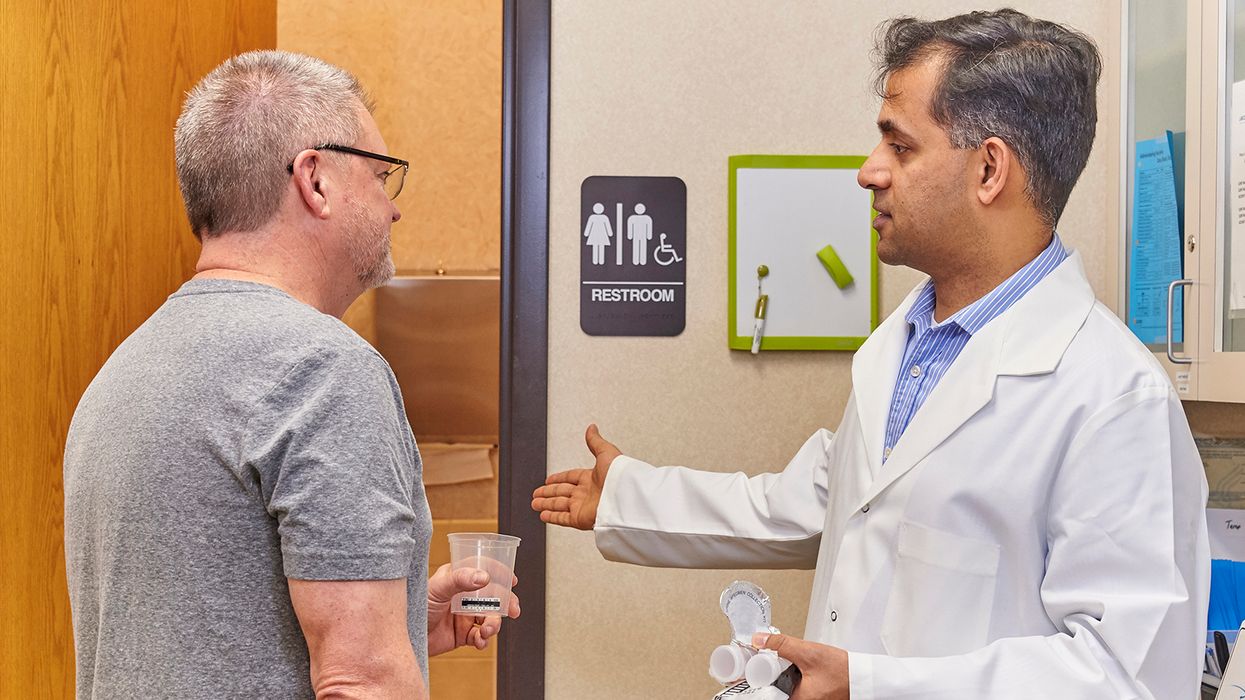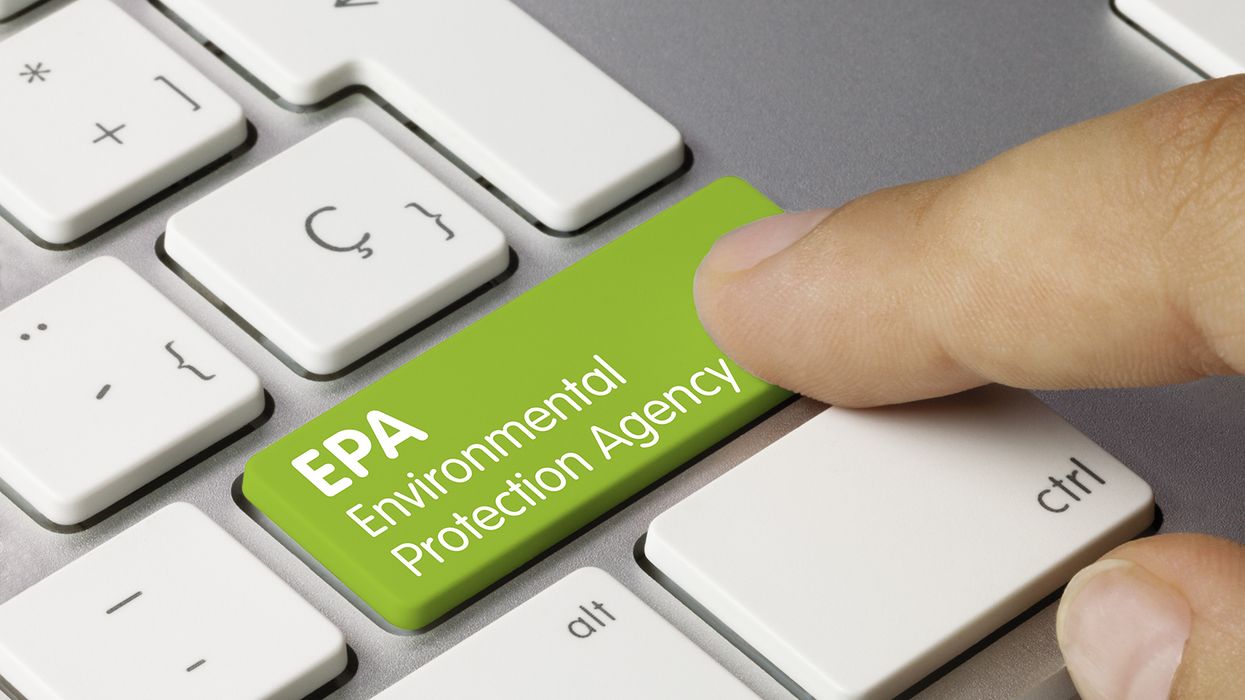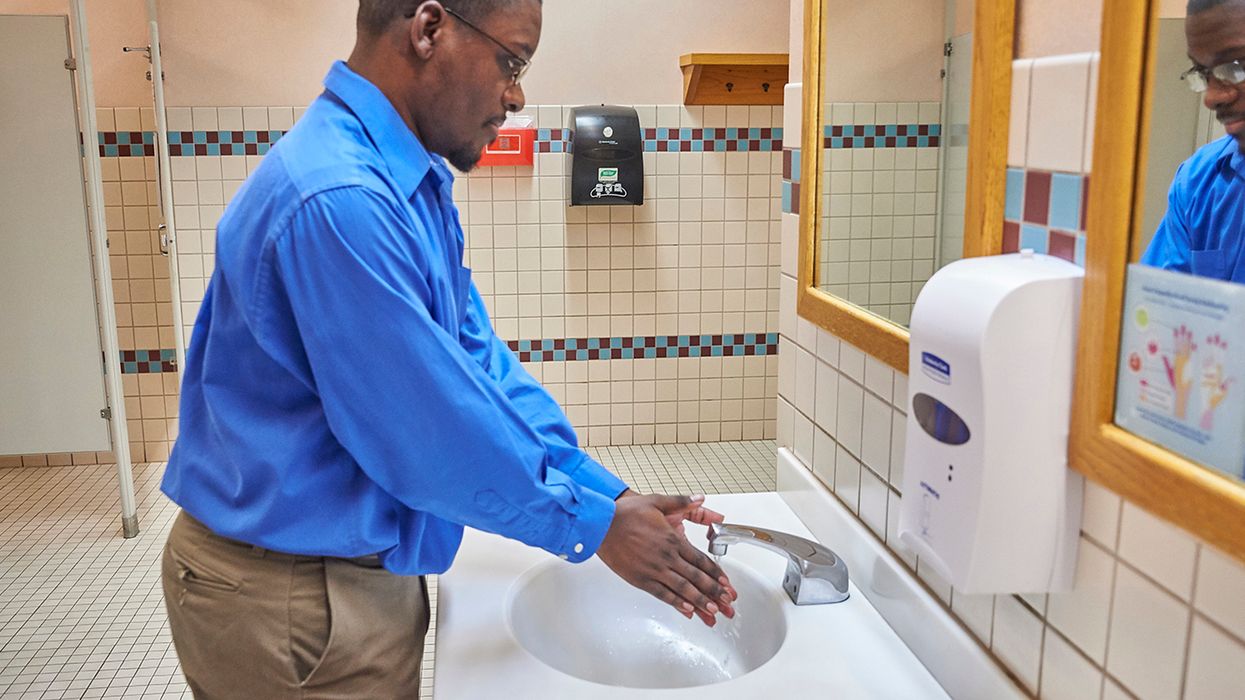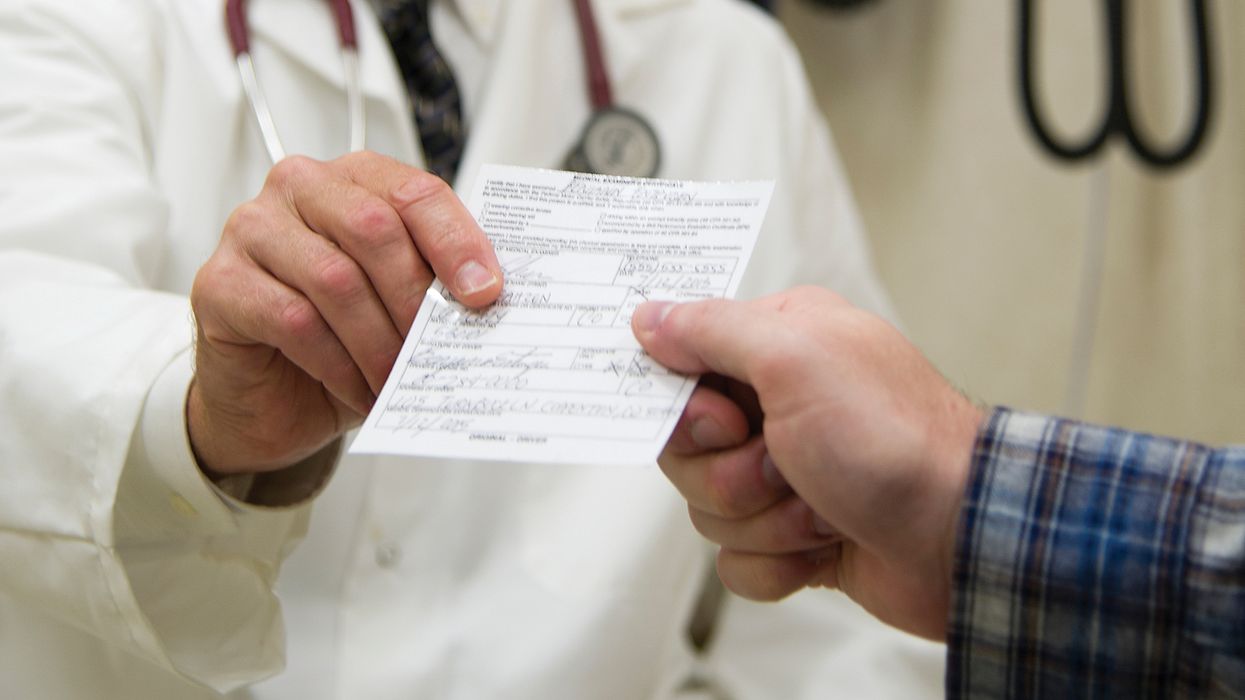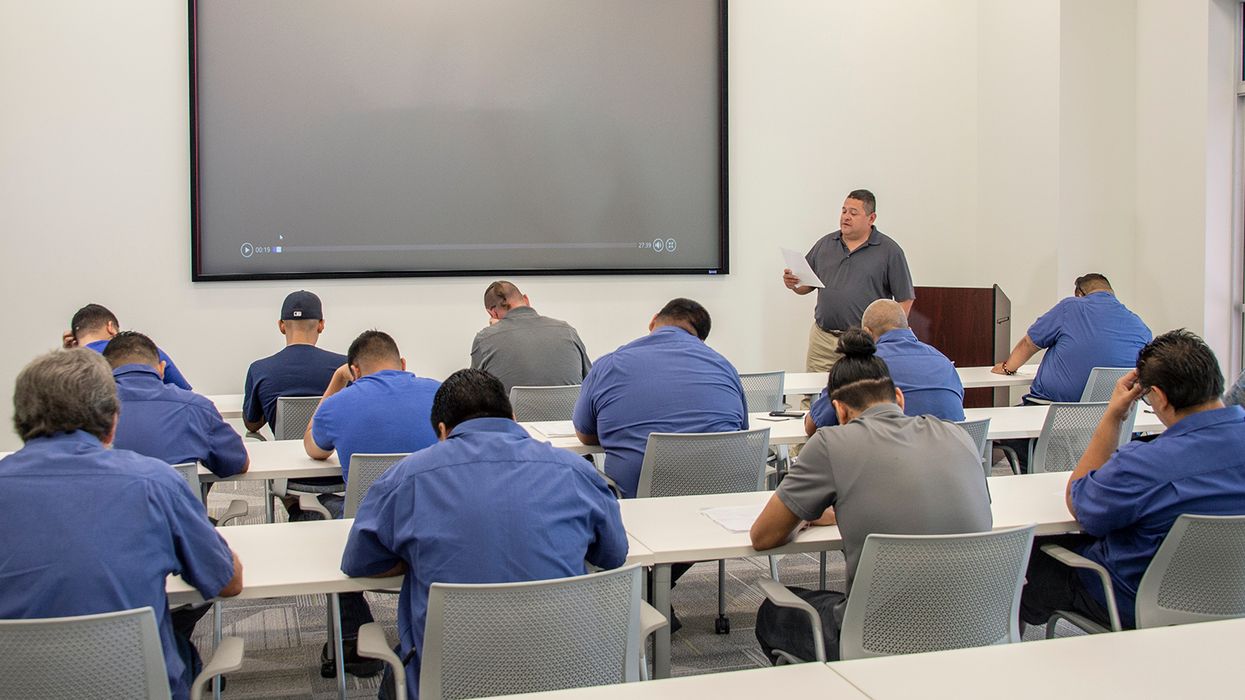“My collection site messed up”: Is this a valid excuse?
When a Department of Transportation (DOT) drug or alcohol program is established, several functions are outsourced out of necessity. However, motor carriers can’t shift the blame to a service provider if the agent makes a mistake that results in a violation of the testing rules.
The motor carrier is the regulated entity that will be held accountable by DOT, rather than the medical review officer (MRO), collection site, lab, substance abuse professional (SAP), or consortium/third-party administrator (C/TPA). To reduce the likelihood of errors, motor carriers should ensure that their service providers are fully qualified by way of required training and credentials.
The regulations allow motor carriers access to a service agent’s proof of training upon request. When first contracting with a party, it’s important that you verify their ability to perform their role in drug and alcohol testing. It should not be a one-and-done check. Most providers are subject to refresher training, so it’s important to ask for proof of continued training.
Note that the regulations don’t require any specific training for C/TPAs. But this shouldn’t stop you from asking about the credentials of those processing test results, performing random selections, and assuming Clearinghouse roles. A C/TPA should be prepared to answer questions on its employee training. A lot is riding on the actions of their staff, so they must be equipped to handle the many details associated with managing your account.
Service provider credentials and training
The following summarizes the credentials and training required of each party involved with DOT drug and alcohol testing.
| Service provider | Credentials | Training | Refresher training |
|---|---|---|---|
| Consortium/Third-Party Administrator | No requirement | No requirement – best practice to inquire of vendor’s employee training | No requirement |
| Drug-testing specimen collector (urine or saliva) | No requirement |
|
|
| Screening test technicians (STTs) and breath alcohol technicians (BATs) | No requirement |
|
|
| Laboratories | HHS-approved | N/A | N/A |
| Medical Review Officer | Licensed physicians, MDs or osteopaths |
| Every 5 years:
|
| Substance Abuse Professional |
|
| Continuing education. During each three-year period from the date of the examination, SAPs must complete continuing education consisting of at least 12 professional development hours (e.g., CEUs) relevant to performing SAP functions |
Key to remember: A motor carrier is held responsible for the actions of those contracted to assist with their DOT drug and alcohol program. Monitoring the credentials and training of service providers is one means to help mitigate the risk of compliance violations as the result of a vendor’s mistake.

